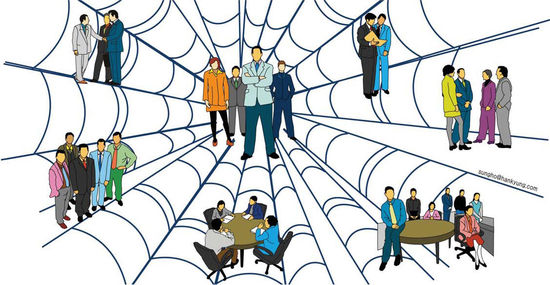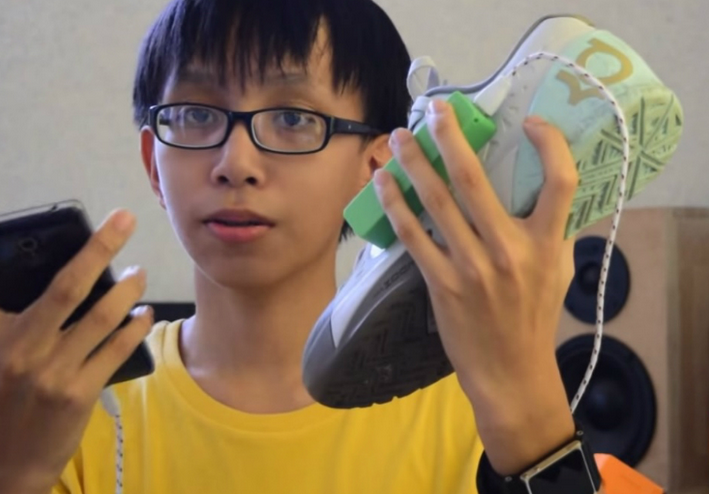by STEVE HAN
Nine out of 10 South Korean twentysomethings believe that their society is dishonest and unfair, according to a survey.
The respondents answered that they believe Korean society is “influenced by school, regional, family and personal connections” and “fairness is nonexistent.” The survey, conducted by the Segye Times and the Asan Institute for Policy Studies, targeted 1,000 adult males and females across the country.
Even across all ages, 78.5 percent of those surveyed said that nepotism and social unfairness are prevalent in South Korea. Only 18 percent said that South Korean society is fair.
The tendency to believe that nepotism affects South Korea was stronger as respondents’ ages lowered. While 92.8 percent of those in their 20s said that society is unfair, only 52.7 percent of respondents aged 60 or older agreed with the younger generation. In order, 86.7, 83.4, 76.9 percent in their 30s, 40s and 50s believed that society isn’t fair, respectively.
“The numbers reflect people’s dissatisfaction amid the worst time in history of the country to find entry-level jobs which led to the belief that success cannot be achieved through an individual’s abilities and efforts,” said Kim Ji-yoon, the director of the Public Opinion Studies Center at the Asan Institute for Policy Studies.
“It’s a serious situation in which our next generation of leaders feel negative towards the fairness in society,” Kim added.
When asked why they feel dishonesty and unfairness are prevalent in society, 36.9 percent of the respondents said they or their acquaintance encountered disadvantage while seeking jobs, promotion and business opportunities due to personal, school, regional or family connections–or lack thereof.
A case of blatant nepotism was best exemplified by Hana Bank, one of the country’s largest finance firm, after it asked intern applicants to specify their parent’s educational and professional backgrounds on their applications.










